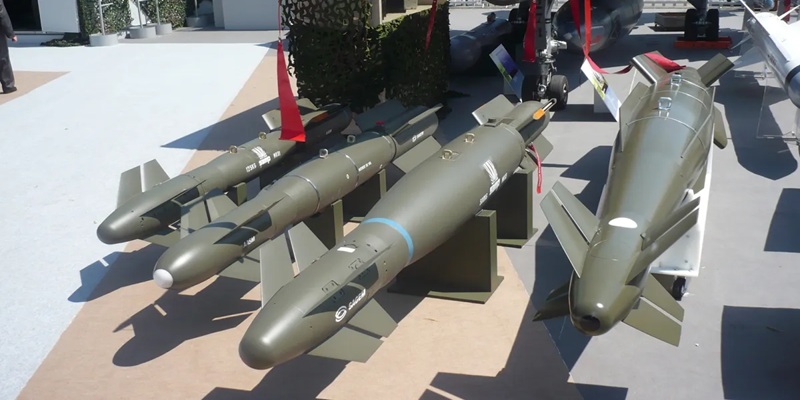Schedule a Call Back
Induction of industry experts into MBA education
 Articles
Articles- Oct 09,23

Related Stories

India’s petrochemical economy: Opportunities for manufacturing industry growth
With supportive government policies and robust market demand, the Indian petrochemical industry has the potential to emerge as a pillar of industrial self-reliance, write R Jayaraman and T C R Amon.
Read moreAre IIOT sales strategies holding up adoption of Industry 4.0 in manufacturing?
As Industry 4.0 matures, Industrial IOT (IIOT) platforms will be the backbone of digital transformation. But adoption depends as much on how they are sold as on what they deliver, write R Jayaraman ..
Read more
Benefits of continuous improvement movement for Indian manufacturing industry
In this article, R Jayaraman explains how the continuous improvement movement transformed Indian manufacturing, boosting competitiveness, quality, and sustainability while driving global leadership.
Read more














